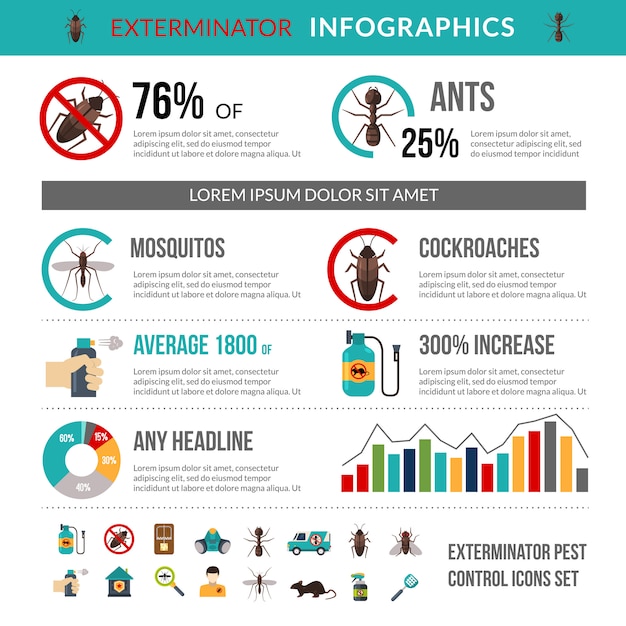Prepare To Change Your Yard Into A Pest-Free Paradise With These Cutting-Edge Suggestions And Methods
Prepare To Change Your Yard Into A Pest-Free Paradise With These Cutting-Edge Suggestions And Methods
Blog Article
Material Writer-Gupta Medeiros
Imagine your yard as a refuge, a location of tranquility and elegance. However, termites with wings of outside parasites can promptly interrupt this ideal photo. What if there were simple yet efficient ways to keep these unwanted visitors away and secure your yard sanctuary? By following a few useful tips and carrying out natural methods, you can create an unified outdoor space where your plants can grow undisturbed.
Natural Insect Deterrents
To maintain insects far from your garden naturally, plant aromatic natural herbs like mint and lavender. These aromatic plants not just include charm to your yard yet also act as effective parasite deterrents. Parasites like insects, flies, and also some garden-damaging pests are pushed back by the strong scents given off by these herbs. Merely placing them purposefully around your garden can help create an all-natural barrier against unwanted parasites.
In addition to mint and lavender, take into consideration planting other natural herbs like rosemary, basil, and lemongrass to better boost your garden's pest-proofing abilities. These natural herbs not just work as all-natural repellents yet also have the included advantage of serving in cooking or crafting homemade remedies.
Strategic Plant Positioning
Think about the layout of your garden and the types of plants you have to strategically place them for maximum pest-proofing efficiency.
Start by organizing plants with comparable resistance to parasites with each other. By doing this, you can create a natural barrier that discourages pests from spreading throughout your garden.
In addition, positioning pest-repelling plants like marigolds, lavender, or mint near even more prone plants can aid secure them. Tall plants, such as sunflowers or corn, can act as a shield for shorter plants against insects like rabbits or ground-dwelling insects.
Remember to leave sufficient area in between plants to enhance air flow and minimize the risk of conditions that pests might bring.
Furthermore, consider growing best bed bug exterminator -smelling herbs like rosemary or basil near prone plants to puzzle bugs' senses and make it harder for them to locate their targets.
Effective Pest Control Approaches
For combating garden insects efficiently, applying a multi-faceted insect control method is important. Start by encouraging all-natural killers like birds, ladybugs, and praying mantises to help maintain bug populations in check. Introducing plants that draw in these valuable insects can help in insect control. Additionally, practicing find more information by getting rid of debris and weeds where pests could conceal can make your garden less hospitable to undesirable site visitors.
Take into consideration utilizing physical barriers such as row cover fabrics or netting to safeguard susceptible plants from parasites like caterpillars and birds. Applying natural chemicals like neem oil or insecticidal soap can likewise be effective against particular parasites while being less unsafe to helpful bugs and the setting. It's important to revolve your plants each season to avoid the accumulation of pest populaces that target particular plants.
Frequently examine best household ant killer for indications of pest damage so you can do something about it promptly. By combining these methods and remaining attentive, you can efficiently regulate garden pests and enjoy a flourishing, pest-free garden.
Final thought
So, there you have it - with the ideal techniques, you can keep pesky exterior parasites away from your yard and aid your plants thrive.
Did you know that planting mint has been revealed to ward off insects and various other bugs, reducing the need for damaging chemicals by approximately 60%?
By integrating all-natural deterrents and clever planting strategies, you can develop a stunning and pest-resistant yard oasis for you to delight in.
